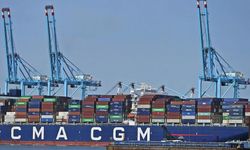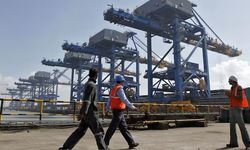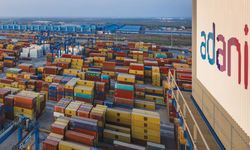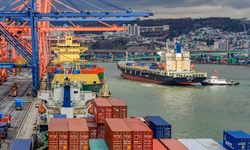The $1.2 billion Dakhla Atlantic Port project, scheduled for completion in 2028, covers 1,650 hectares. It will feature a trade port with an oil terminal, a fishing port, and a shipyard. A bridge will connect the port to the mainland, and a 7-kilometer road will link it to a national highway stretching from Tangier in the north to the Mauritania border in the south.
“We’re constructing an ecosystem,” said Nisrine Iouzzi, the director of construction for the Dakhla Atlantic Port, in an interview with CNN. The port is expected to handle 35 million tons of goods annually once it becomes operational.
This project aims to boost Morocco’s economy and establish the country as a key maritime hub, connecting regions like West Africa, the Middle East, Europe, North America, the Canary Islands, and South America. Significant foreign investments, including from the UAE, have been secured for the project.
The Dakhla port is part of Morocco’s national port strategy to modernize and strengthen port infrastructure by 2030, enhancing its role in global supply chains. Other ports like Casablanca, Tanger-Med, and Agadir are also being upgraded, but Dakhla’s strategic location is particularly significant for opening trade routes to Africa.
Mounir Houari, general manager of Dakhla’s Regional Investment Center, highlighted the port’s potential to attract investors to the rapidly growing West African market. The port could also encourage the processing of raw materials within Africa, creating jobs and boosting local industries.
The Sahel region, including landlocked countries like Mali, Chad, Niger, and Burkina Faso, is expected to benefit. Morocco has provided these regions with access to its road and port infrastructure, opening a gateway to Atlantic maritime trade.
Turloch Mooney, head of port intelligence and analytics at S&P Global Market Intelligence, said the development could greatly benefit the region. “Quality port infrastructure and efficient port operations are crucial for attracting foreign direct investment and supporting growth,” he noted.
However, the Western Sahara and Sahel regions have a history of unrest. Mooney cautioned that infrastructure alone won't drive trade growth. The success of the port will also depend on good governance, reliable transport connections, and political stability.






